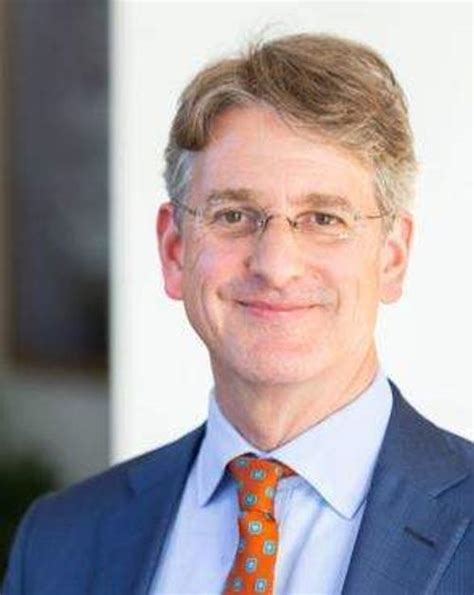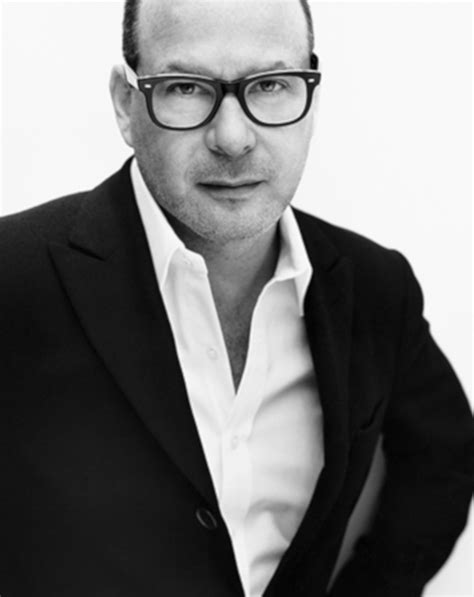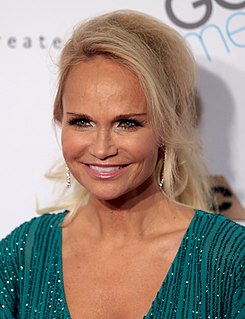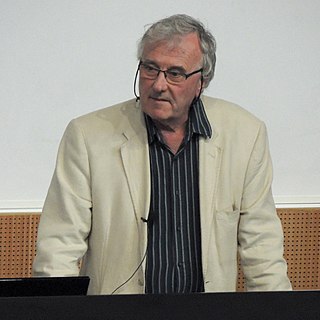A Quote by Thomas P. Campbell
Museums provide places of relaxation and inspiration. And most importantly, they are a place of authenticity. We live in a world of reproductions - the objects in museums are real. It's a way to get away from the overload of digital technology.
Related Quotes
When museums are built these days, architects, directors, and trustees seem most concerned about social space: places to have parties, eat dinner, wine-and-dine donors. Sure, these are important these days - museums have to bring in money - but they gobble up space and push the art itself far away from the entrance.
The great proliferation of museums in the nineteenth century was a product of the marriage of the exhibition as a way of awakening intelligent interest in the visitor with the growth of collections that was associated with empire and middle-class affluence. Attendance at museums was as much associated with moral improvement as with explanation of the human or natural world.
We think that we live in a heterosexual society because most men are fixated on women as sexual objects; but, in fact, we live ina homosexual society because all credible transactions of power, authority, and authenticity take place among men; all transactions based on equity and individuality take place among men. Men are real; therefore, all real relationship is between men; all real communication is between men; all real reciprocity is between men; all real mutuality is between men.
Fashion has been collected and exhibited for many years. People were picking up clothing of famous individuals, like Marie Antoinette's shoe or Napoleon's hat. That part of the resistance to having fashion in museums had to do with it being associated with femininity, and with the female body. Yet, as early as the 18th century, some people were recognizing that just as you collected art, you, might think about collecting fashion for museums, because it would provide insight into the way people thought about their lives and, and the way they envisioned themselves.

































